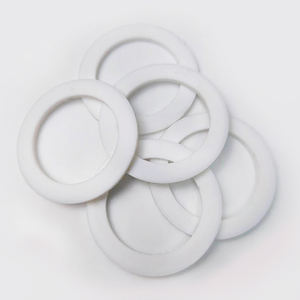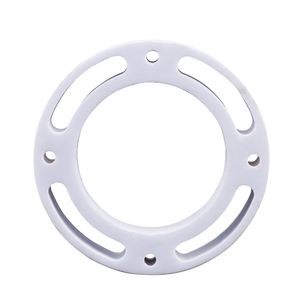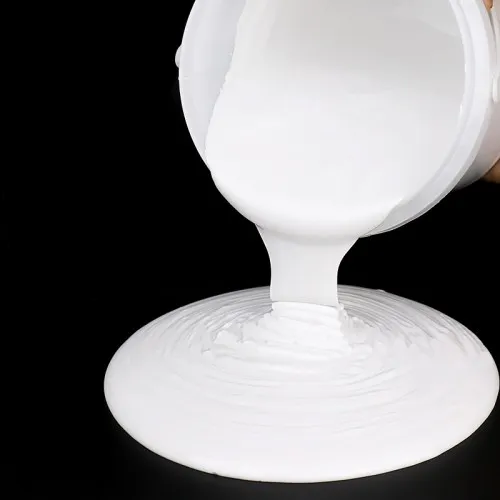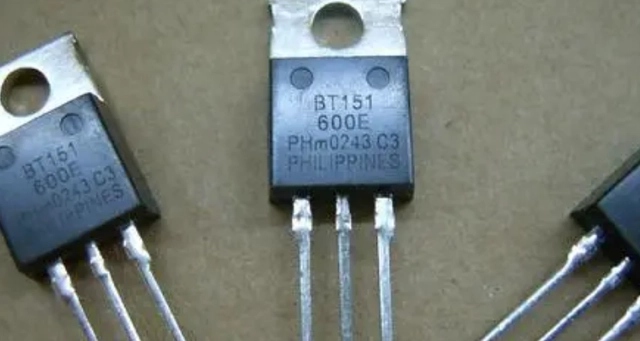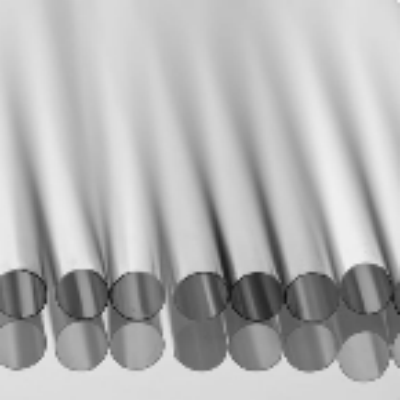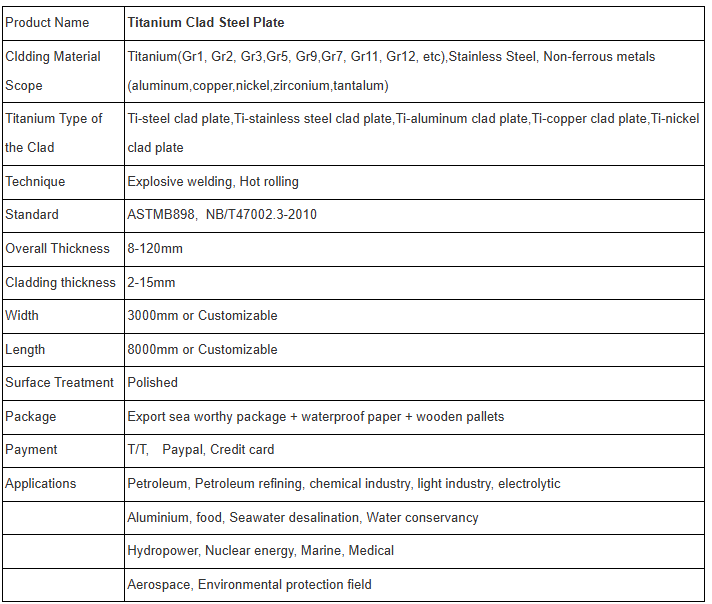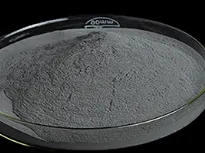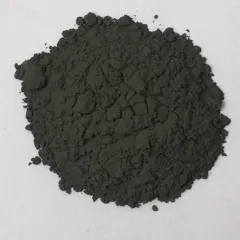1. The Scientific research and Structure of Alumina Porcelain Products
1.1 Crystallography and Compositional Variants of Aluminum Oxide
(Alumina Ceramics Rings)
Alumina ceramic rings are produced from aluminum oxide (Al two O TWO), a compound renowned for its outstanding equilibrium of mechanical toughness, thermal security, and electric insulation.
One of the most thermodynamically secure and industrially appropriate phase of alumina is the alpha (α) phase, which takes shape in a hexagonal close-packed (HCP) framework belonging to the corundum household.
In this plan, oxygen ions develop a thick latticework with light weight aluminum ions inhabiting two-thirds of the octahedral interstitial websites, causing an extremely secure and robust atomic structure.
While pure alumina is theoretically 100% Al ₂ O TWO, industrial-grade materials usually consist of little percents of additives such as silica (SiO TWO), magnesia (MgO), or yttria (Y TWO O SIX) to control grain growth during sintering and improve densification.
Alumina ceramics are categorized by pureness levels: 96%, 99%, and 99.8% Al ₂ O ₃ prevail, with higher pureness associating to boosted mechanical properties, thermal conductivity, and chemical resistance.
The microstructure– particularly grain dimension, porosity, and stage distribution– plays an essential duty in figuring out the last efficiency of alumina rings in solution settings.
1.2 Trick Physical and Mechanical Quality
Alumina ceramic rings display a collection of buildings that make them vital in demanding industrial setups.
They have high compressive strength (as much as 3000 MPa), flexural stamina (commonly 350– 500 MPa), and superb solidity (1500– 2000 HV), making it possible for resistance to wear, abrasion, and deformation under tons.
Their low coefficient of thermal development (about 7– 8 × 10 ⁻⁶/ K) makes certain dimensional security throughout wide temperature varieties, minimizing thermal stress and anxiety and fracturing throughout thermal biking.
Thermal conductivity arrays from 20 to 30 W/m · K, relying on pureness, permitting modest warmth dissipation– enough for numerous high-temperature applications without the requirement for active air conditioning.
( Alumina Ceramics Ring)
Electrically, alumina is an outstanding insulator with a quantity resistivity going beyond 10 ¹⁴ Ω · cm and a dielectric strength of around 10– 15 kV/mm, making it ideal for high-voltage insulation elements.
Moreover, alumina demonstrates superb resistance to chemical assault from acids, antacid, and molten metals, although it is susceptible to strike by solid alkalis and hydrofluoric acid at raised temperature levels.
2. Production and Precision Engineering of Alumina Bands
2.1 Powder Handling and Shaping Methods
The production of high-performance alumina ceramic rings begins with the option and prep work of high-purity alumina powder.
Powders are generally synthesized by means of calcination of aluminum hydroxide or through advanced approaches like sol-gel processing to attain great bit dimension and slim dimension distribution.
To develop the ring geometry, several forming approaches are utilized, consisting of:
Uniaxial pushing: where powder is compacted in a die under high stress to form a “eco-friendly” ring.
Isostatic pressing: using consistent pressure from all instructions utilizing a fluid medium, leading to greater density and more uniform microstructure, especially for facility or large rings.
Extrusion: suitable for long cylindrical kinds that are later on cut right into rings, typically made use of for lower-precision applications.
Injection molding: made use of for complex geometries and limited tolerances, where alumina powder is blended with a polymer binder and infused right into a mold and mildew.
Each technique affects the final density, grain positioning, and defect distribution, demanding cautious process choice based on application needs.
2.2 Sintering and Microstructural Growth
After forming, the green rings undergo high-temperature sintering, normally between 1500 ° C and 1700 ° C in air or regulated ambiences.
Throughout sintering, diffusion mechanisms drive bit coalescence, pore removal, and grain growth, causing a completely dense ceramic body.
The rate of home heating, holding time, and cooling profile are precisely managed to stop breaking, bending, or overstated grain development.
Ingredients such as MgO are often presented to hinder grain border wheelchair, causing a fine-grained microstructure that improves mechanical stamina and integrity.
Post-sintering, alumina rings may undergo grinding and washing to accomplish limited dimensional resistances ( ± 0.01 mm) and ultra-smooth surface coatings (Ra < 0.1 µm), critical for sealing, bearing, and electric insulation applications.
3. Functional Efficiency and Industrial Applications
3.1 Mechanical and Tribological Applications
Alumina ceramic rings are commonly utilized in mechanical systems due to their wear resistance and dimensional stability.
Secret applications include:
Sealing rings in pumps and valves, where they stand up to erosion from rough slurries and corrosive liquids in chemical processing and oil & gas sectors.
Bearing parts in high-speed or destructive settings where metal bearings would certainly weaken or need regular lubrication.
Guide rings and bushings in automation equipment, offering reduced friction and long service life without the requirement for oiling.
Wear rings in compressors and turbines, reducing clearance between turning and fixed components under high-pressure problems.
Their ability to preserve performance in dry or chemically aggressive atmospheres makes them above lots of metal and polymer choices.
3.2 Thermal and Electric Insulation Functions
In high-temperature and high-voltage systems, alumina rings work as vital protecting components.
They are used as:
Insulators in burner and furnace components, where they support resistive wires while withstanding temperature levels over 1400 ° C.
Feedthrough insulators in vacuum cleaner and plasma systems, protecting against electric arcing while maintaining hermetic seals.
Spacers and support rings in power electronics and switchgear, isolating conductive components in transformers, breaker, and busbar systems.
Dielectric rings in RF and microwave gadgets, where their reduced dielectric loss and high failure stamina make certain signal integrity.
The combination of high dielectric toughness and thermal stability allows alumina rings to function accurately in atmospheres where organic insulators would certainly deteriorate.
4. Material Improvements and Future Expectation
4.1 Composite and Doped Alumina Solutions
To further enhance performance, researchers and suppliers are developing innovative alumina-based composites.
Instances consist of:
Alumina-zirconia (Al Two O FOUR-ZrO TWO) composites, which exhibit improved crack durability through change toughening mechanisms.
Alumina-silicon carbide (Al two O FOUR-SiC) nanocomposites, where nano-sized SiC fragments improve firmness, thermal shock resistance, and creep resistance.
Rare-earth-doped alumina, which can customize grain border chemistry to improve high-temperature toughness and oxidation resistance.
These hybrid materials prolong the operational envelope of alumina rings right into more severe conditions, such as high-stress dynamic loading or fast thermal cycling.
4.2 Emerging Fads and Technological Integration
The future of alumina ceramic rings depends on smart integration and precision manufacturing.
Patterns consist of:
Additive manufacturing (3D printing) of alumina elements, allowing intricate inner geometries and customized ring layouts previously unattainable with traditional methods.
Functional grading, where make-up or microstructure varies across the ring to maximize efficiency in various areas (e.g., wear-resistant external layer with thermally conductive core).
In-situ tracking through embedded sensors in ceramic rings for anticipating upkeep in commercial machinery.
Increased usage in renewable energy systems, such as high-temperature gas cells and concentrated solar power plants, where product reliability under thermal and chemical anxiety is critical.
As sectors demand greater effectiveness, longer life-spans, and reduced maintenance, alumina ceramic rings will continue to play a crucial function in allowing next-generation design options.
5. Provider
Alumina Technology Co., Ltd focus on the research and development, production and sales of aluminum oxide powder, aluminum oxide products, aluminum oxide crucible, etc., serving the electronics, ceramics, chemical and other industries. Since its establishment in 2005, the company has been committed to providing customers with the best products and services. If you are looking for high quality alumina c, please feel free to contact us. (nanotrun@yahoo.com)
Tags: Alumina Ceramics, alumina, aluminum oxide
All articles and pictures are from the Internet. If there are any copyright issues, please contact us in time to delete.
Inquiry us

